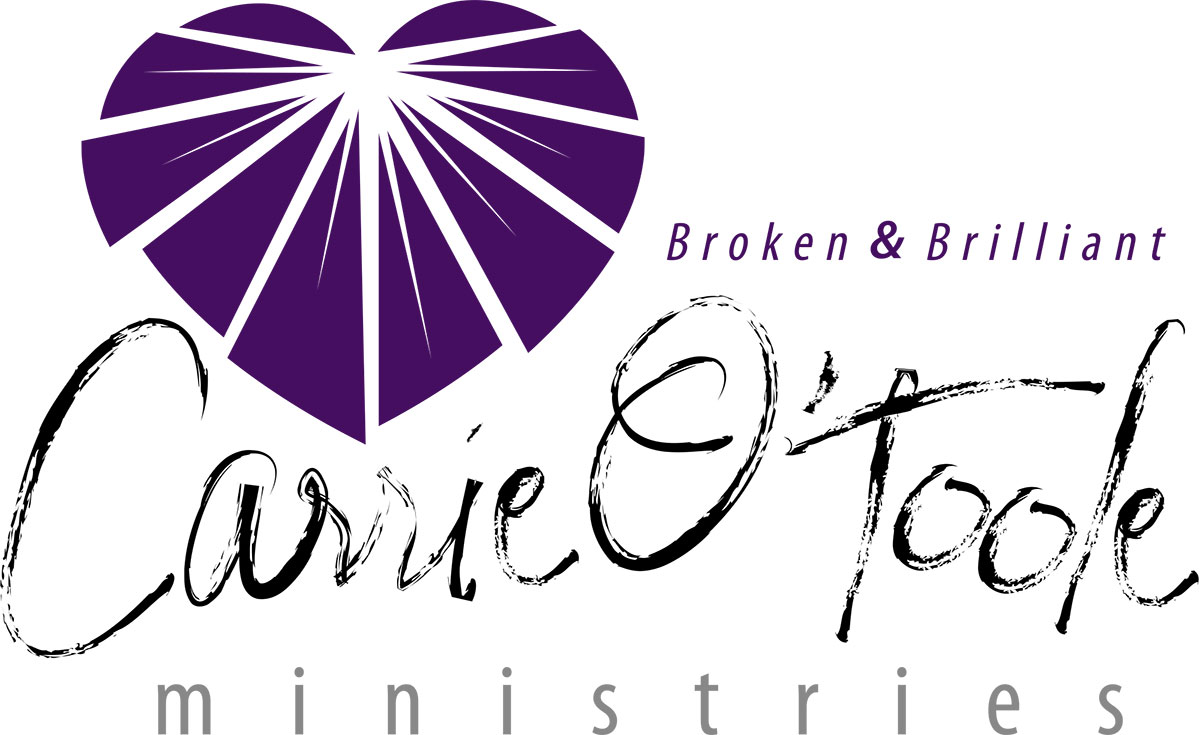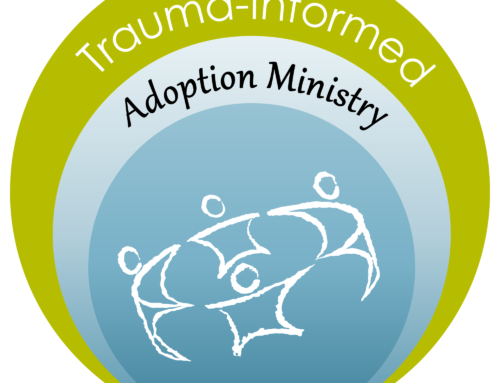
Colorado Life Coach: Do Christians Eat Their Own?
Have you read all the blogs on people who don’t go to church very often, or have quit altogether?
The reasons are varied, but most often include:
~Hurt by pastors or church teachings
~Don’t feel challenged
~Don’t enjoy worship time
~Feel like they’ve outgrown it
The responses have been varied as well:
~You should go to church because it’s not about you, it’s about God and being in fellowship, being held accountable, being of service
~God never lets people down, but people do. Don’t put your trust in people, but in God.
I get both sides. I’ve been on both sides. What keeps going through my head (like with most issues that cause controversy) is WHY. What happened to the people who don’t want to go to church? What happened to the people criticizing those who don’t want to go to church? Where is the grace for those who have been hurt? Why aren’t those in church reaching out, instead of judging?
Donald Miller wrote one blog on this subject, received hundreds of comments, wrote a 2nd blog, and received hundreds more.
Some comments were supportive: “Thank you for speaking what so many of us feel, but don’t have the courage to admit.” “The church isn’t a building, and we can worship God everyday of the week.” “I struggle attending church, and find God intimately outside the church walls.” “I’m a pastor and love the church, but don’t judge people who don’t attend.”
Many were negative: “You’re arrogant to think you’ve graduated from church.” “The Bible is clear that we must attend a local church regularly.” “Where does Don tithe?”
My heart has been struggling with this topic for several years. I run a ministry, but I’m not under the umbrella of a local church. I don’t like talking about it. I speak for several different ministries. On the comment card, they ask where I attend church regularly. I leave it blank, and hope they don’t bring it up. Friends from my old church keep asking where I attend now. I’m actually pausing with each word I write in this post, wondering whether I’ll dump it, or post it. I don’t know, yet.
When someone has been hurt, or just doesn’t fit in with the local church (they don’t like the music, sermon style, programmatic feel, etc), where do they turn? Sometimes they get loaded down with a bunch of “shoulds.” You should want to go to church. You should want to serve because it’s not about you, you’re selfish. Stop being a baby and get over yourself. You should be over the hurt by now.
My entire family was seriously hurt by members and staff of the church we attended for 7 year. I taught women’s bible studies, attended others, tithed, supported and taught at the school connected to our church, enrolled our children in youth group (one child attended the school) and encouraged them to volunteer. We attended regularly. It was our family…until our family fell apart. I look back and still don’t know exactly what happened. I needed my church family so desperately, but felt we kept getting passed to someone else. No one really wanted to deal with us. The lead pastor told us to take it to our small group. The small group leader told us we needed to take it somewhere else.
We felt like we were in the spiritual ICU, and few came to visit. I know many people who have experienced similar things. They’ve been hurt, but members rally around the leader, leaving them on their own. I read an article on Crosswalk.com titled, “Is Post-Traumatic Church Syndrome Real?” It states,
PTCS is “a severe, negative – almost allergic – reaction to inflexible doctrine, outright abuse of spiritual power, dogma and (often) praise bands and preachers.” She lists both emotional and physical symptoms, such as withdrawal from all things religious, failure to believe in anything, depression, anxiety, loss or desire to walk into a place of worship. Physically, sufferers of PTCS may have sweats, nausea, heart palpitations–as she notes, “the symptoms are as varied as the people who suffer them.”
I don’t know whether this is a real syndrome, but I have felt the symptoms.
We heard the gossip, and felt the judgment. We had served. We had given. We loved. Now it was our turn to ask for help, but we were denied.
We stopped attending because the anxiety about walking in the door to our own church became too much to deal with. Life was so difficult through the week, and the added tension on Sunday became too much to handle. God met us at home, through friends, through recovery groups, counselors, books, Christian radio, music, camping, bike rides, etc.
After about a year, I made an appointment with a different pastor. He apologized for how the church handled our situation. I felt such relief…until he told me we’d be welcome back at any time, “But it would be a tough road for you.” I still don’t understand. Why? Why wouldn’t he help us walk through that? Why would it be so difficult for a broken, but recovering family to make it in a church that claims to meet people where they are? Why?
I am a Board Certified Christian Life Coach (BCCLC) with training from the American Association of Christian Counselors and a masters degree in Marriage and Family Therapy. Many of my clients have been horribly hurt through experiences in church (spiritual abuse, guilt, opening up and having their vulnerability used against them, pastors who didn’t deal with their own emotional, spiritual, or relational growth). If I talk to them about church, they get quiet and defensive. If I talk about God the Father, some won’t come back, because their own earthly fathers were abusive, and they haven’t worked through the pain, yet. It doesn’t mean they won’t, they just haven’t been able to, yet.
Back to my point: Could we have compassion for hurting people, instead of piling on guilt and judgment? Could we ask “WHY,” and try to become part of a solution? Could Christians who attend church regularly love those who don’t unconditionally? We’re all the church anyway. Could we act like it?
This post written, and maybe posted, or maybe tossed in the trash, by Colorado Life Coach, Carrie O’Toole, M.A.





